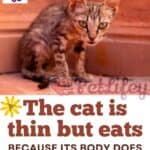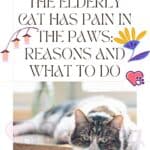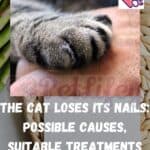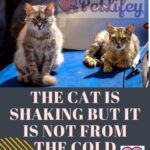
Does your elderly cat lose weight but eat? It does not seem to hide anything good for its health: here are what the causes may be.
The old feline of the house begins to lose weight and yet has never stopped eating? So this is not a problem related to loss of appetite, but rather something that prevents it from absorbing the nutrients that should come to it from food. It could easily be a health problem, but not necessarily serious or difficult to treat. Let’s see why an elderly cat loses weight but eats and how to proceed in this case.
The ‘old man’ of the house does not eat: is it normal?
How do you recognize an elderly cat? Apart from the passing of the years you can also notice some factors such as: physical fatigue, less shiny and shaggy hair to the touch, more closed eyes, respiratory problems and tendency to lose weight: if we pass the hand on his body and notice that you ‘feel’ too much bones and ribs.
Unfortunately it is known that with advancing age the physical problems increase and often among the effects of some pathologies there is also lack of appetite. So, in its strangeness, the absence of desire to eat can be ‘normal’ in the elderly cat but almost certainly linked to some pathology. Of course you have to evaluate the physical state of the cat as a whole and note some signs, such as: fever, episodes of vomiting and diarrhea or general sense of exhaustion.
If, for example, the elderly cat starts eating little but drinks a lot, it can hide a problem of pancreatitis in the cat. Other reasons, not related to physical pathologies, may concern problems related to food that may not be to its liking, or to the conditions related to the time of feeding.
The elderly cat eats but loses weight: possible causes
It is not easy to give an explanation and it is not so simple not to think about some ongoing health problem. It is obvious that certainty can only come from the trusted veterinarian, to whom we should list every ‘unusual’ signal that we notice in our cat. First of all, it must not lack hunger, of course, nor must we have chosen fasting for them otherwise the following speech can not be taken into account.
- Stress: the cat is an extremely habitual animal, and does not like its habits to be distorted. A trip, a move, an unexpected visit can destabilize the cat and be a source of stress for them.
- Food allergy: when the problem is related to a specific food, it is the cat’s physique that reacts abnormally to the presence of an allergen.
- Hyperthyroidism: when the health problem is related to the thyroid. It usually belongs to the cat that has exceeded 10 years of age.
- Diabetes mellitus in cats: when you have an abnormal release of insulin, or an increase in blood sugar, the body relies on fat and protein reserves to obtain energy.
- Kidney problems: for example, chronic renal failure.
- Feline IBD – a set of diseases of the gastro-intestinal system of the cat, which cause inflammation of cells of the digestive tract.
- Respiratory diseases: respiratory tract infections or chronic asthma could cause weight loss in the cat but also cause a lack of interest in food.
The elderly cat loses weight but eats: how to get to a diagnosis
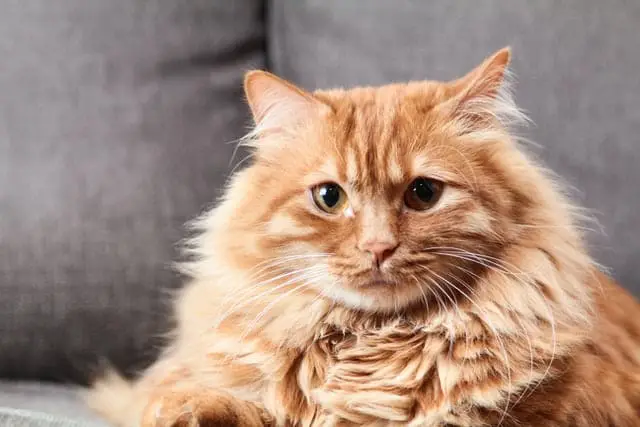
Only the veterinarian will be able to give certainty to our doubts, so we must absolutely fix a check-up if we notice that the cat eats but cannot gain weight. It is likely that the expert will choose to proceed with blood and urine tests. It is advisable to take note of the cat’s eating habits and the amount of food it usually eats.

